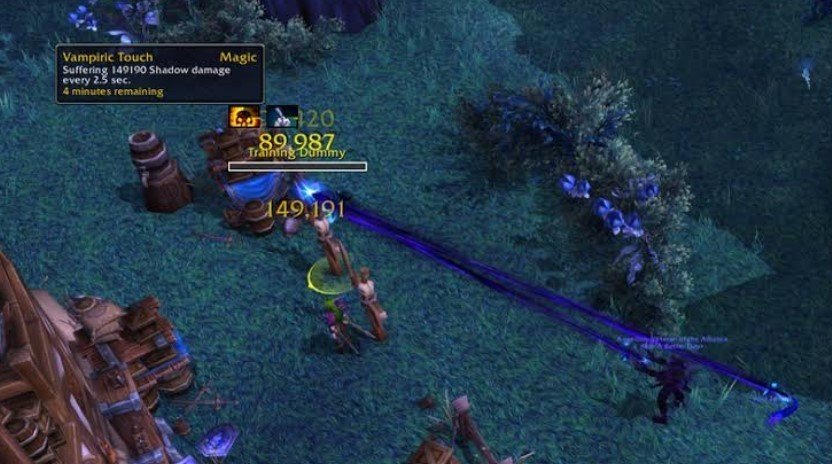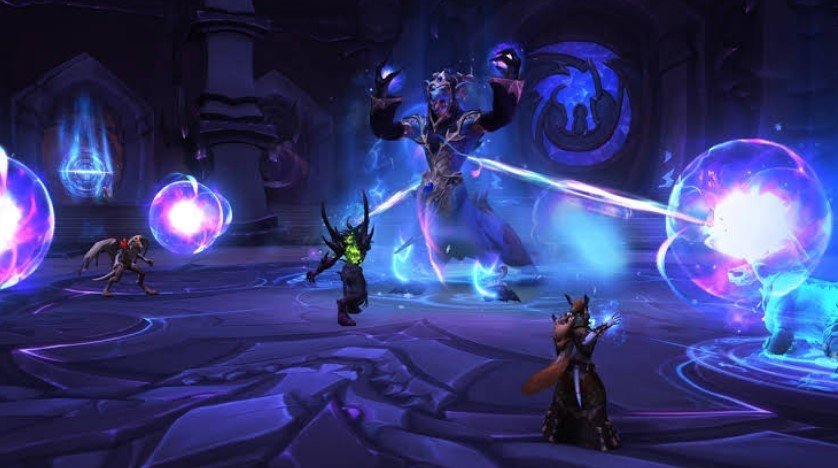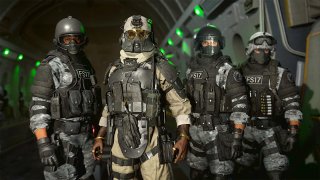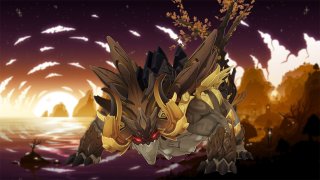World of Warcraft, commonly known as WoW, is a legendary massively multiplayer online role-playing game (MMORPG) with a rich history. Released by Blizzard Entertainment in 2004, WoW has captivated millions of players worldwide. With its vast, immersive world of Azeroth and a dynamic online community, it has become a cornerstone of the gaming industry, forging a lasting legacy in digital entertainment.
Anatomy of a Periodic Effect in WoW
 Image: esports.net
Image: esports.net
In World of Warcraft, the effects of DoT (Damage over Time) and HoT (Healing over Time) are fundamental mechanics. Understanding their anatomy is crucial:
Duration
This defines how long the effect lingers on your target, whether harmful or beneficial.
Interval
The interval signifies how often the effect triggers on your target, causing damage or healing with each tick.
Refresh
When you cast the effect on your target before the previous one wears off, refresh the product to maintain its presence.
Uptime
Uptime quantifies the percentage of a battle, encounter, or mob's lifespan during which a periodic effect remains active. These mechanics play a vital role in strategy and gameplay in WoW, making them integral to mastering the game.
World of Warcraft Classes Using DoTs
 Image: dotesports.com
Image: dotesports.com
DoTs (Damage over Time) are a versatile gameplay element in World of Warcraft, employed by various classes. Notable examples include:
Shadow Priests
They harness Vampiric Touch, Mind Flay, and Shadow Word Pain to torment their foes mentally.
Affliction Warlocks
These dark sorcerers employ curses and hexes like Corruption, Agony, and Unstable Affliction to sap the life force of their adversaries.
But practically every class in WoW has access to some form of DoT effect:
- Death Knights: Utilize Death and Decay and inflict diseases.
- Demon Hunters: Deal periodic damage with Immolation Aura and Eye Beam.
- Feral and Balance Druids: Apply to bleed and burning effects with abilities like Rip and Moonfire.
- Hunters: Have abilities that cause bleeding, burning, and poison.
- Fire Mages: Create fiery damage-over-time products.
- Paladins: Employ Consecration for area damage over time.
- Monks: Utilize AoE attacks with some DoT options.
- Shamans: Use Flame Shock for burns and totems like Liquid Magma.
- Rogues: Apply bleeding effects with abilities like Garrote and Deadly Poison for Assassination.
- Warriors: Inflict DoTs through Deep Wounds and Rend.
World of Warcraft's timeless appeal lies in its rich history, engaging gameplay, and dynamic community. To players new and old, venture forth and uncover the boundless wonders of Azeroth!
Main image: wall.alphacoders.com




















0 comments